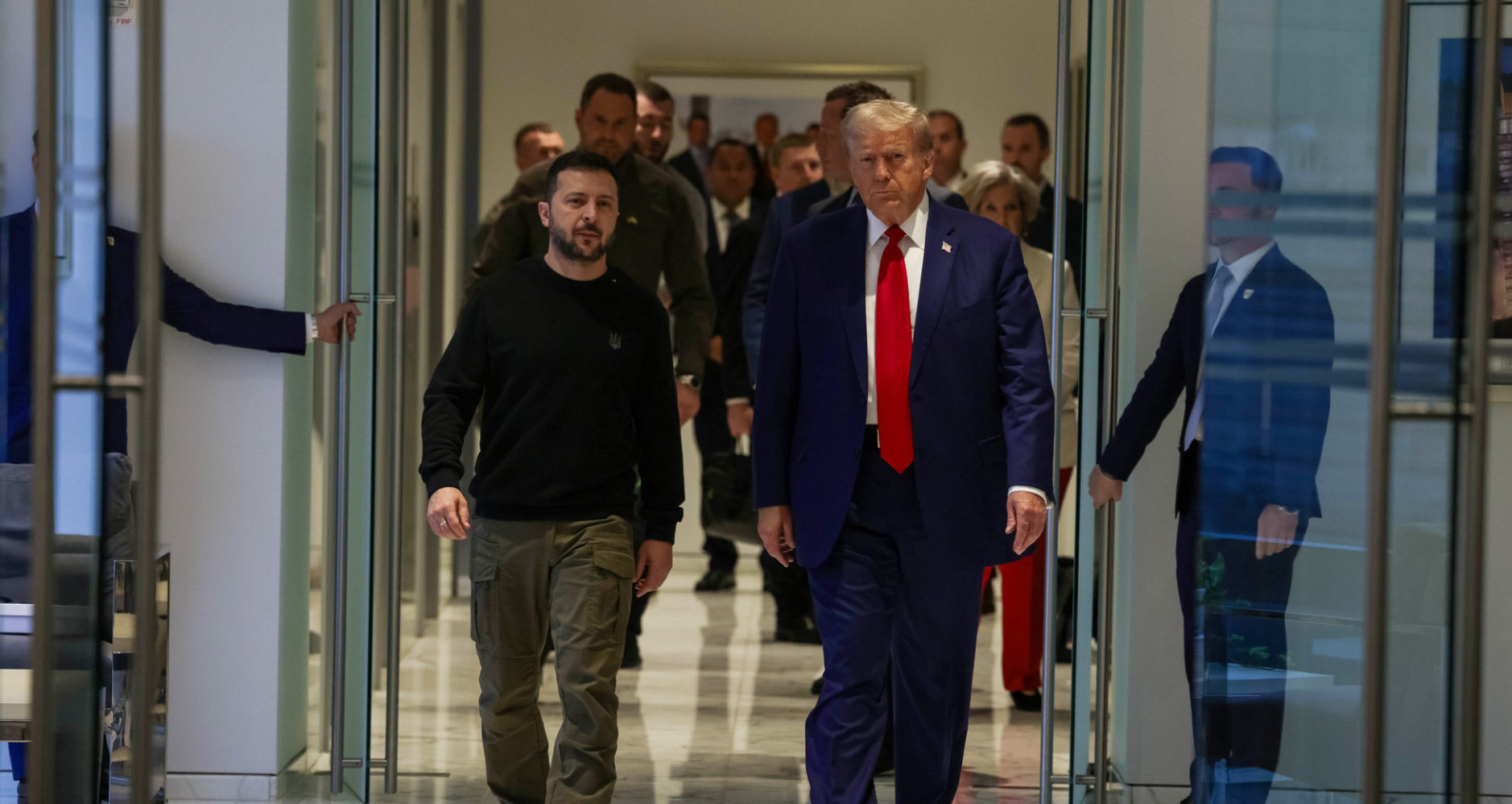It is not unusual for a defeated politician packing up their office to leave an unpleasant parting gift for their successor. In Joe Biden’s case, the Wall Street Journal this week accused the outgoing US President of handing over a “Ukraine mess” to Donald Trump. One of the errors leading to such a calamity was, according to the WSJ, Biden having limited the supply and use of US military aid, thereby damaging Kyiv’s ability to go on the offensive against Moscow’s forces and setting the stage for a “bloody stalemate”.
Biden is not done putting the finishing touches on that “gift” either. Worried that President-elect Trump may halt supplies of weaponry to Ukraine, Secretary of State Antony Blinken yesterday pledged to “shore up everything we’re doing for Ukraine” so that it can either fight effectively through 2025 or negotiate from a position of strength. That will involve expediting a remaining $6 billion in military aid to Kyiv, while the exigencies of the situation and Biden’s own desire to preserve his legacy will likely overcome his past reluctance on permitting Ukraine to fire long-range missiles into Russia. Both moves are positives for Ukraine, but will ensure that the Kremlin is occupied by an infuriated Vladimir Putin just as Trump moves into the Oval Office.
The conflict itself will grow messier before Trump’s inauguration as Russia — bolstered by North Korean troops — rushes to seize Ukrainian-held areas of Kursk in a bid to deprive Kyiv of that particular bargaining chip before the new president tries to kick off negotiations. Recent drone barrages testify to the increased tension on both sides following the election, as Kyiv strives to achieve whatever victories it can before it potentially loses vital US assistance.
In that context, having promised to end the war within a day, the man who prides himself on being the ultimate dealmaker has the weight of the world — or, at least, a significant part of it — on his shoulders. So what should Trump do? An equitable agreement would require first persuading Moscow to come to the negotiating table. But the issue is that, as it makes battlefield progress in Donetsk, Russia has little incentive to compromise.
One option for the President-elect would be threatening increased military aid to Ukraine and fewer restrictions on its use. Yet that would entail alienating a significant portion of his MAGA base. It would additionally mean handling Ukraine-weary Republican lawmakers, with US House Speaker Mike Johnson complaining last month that he has no “appetite for further Ukraine funding” and hopes Trump will “bring that conflict to a close”.
Adding to Trump’s woes is the constant speculation about his ties with Russia, which Moscow can reignite whenever it wishes to antagonise him. One need only look at the media attention garnered by Russian presidential aide Nikolai Patrushev’s claim that “to achieve success in the elections, Donald Trump relied on certain forces” to whom he is now “obliged to fulfil […] corresponding obligations”.
Clues as to Trump’s Ukraine strategy may lie in his cabinet appointments so far. Tulsi Gabbard’s history of repeating Kremlin propaganda is concerning for a director of national intelligence. However, his choice as national security advisor, Mike Waltz, recently proposed that America use its “leverage” over Russia, including lifting restrictions on the use of long-range missiles in Ukraine as well as tightening the enforcement of energy sanctions on Moscow. Neither he nor the expected secretary of state Marco Rubio are die-hard isolationists, with their past doubts about American aid packages to Ukraine centring instead on concerns about securing the US southern border.
The President-elect is presumably still basking in the triumph of last week’s historic election victory. Yet he may feel uneasy knowing that a more challenging task lies ahead: securing the deal he has promised to end an increasingly unwieldy war in Ukraine. His cabinet picks and warning to the Kremlin not to escalate suggest Trump may choose the trickier path of pushing Russia into a fairer compromise. Forcing Ukraine to surrender would be easier, but it would mean Trump becoming what he hates most — a loser.











Join the discussion
Join like minded readers that support our journalism by becoming a paid subscriber
To join the discussion in the comments, become a paid subscriber.
Join like minded readers that support our journalism, read unlimited articles and enjoy other subscriber-only benefits.
Subscribe